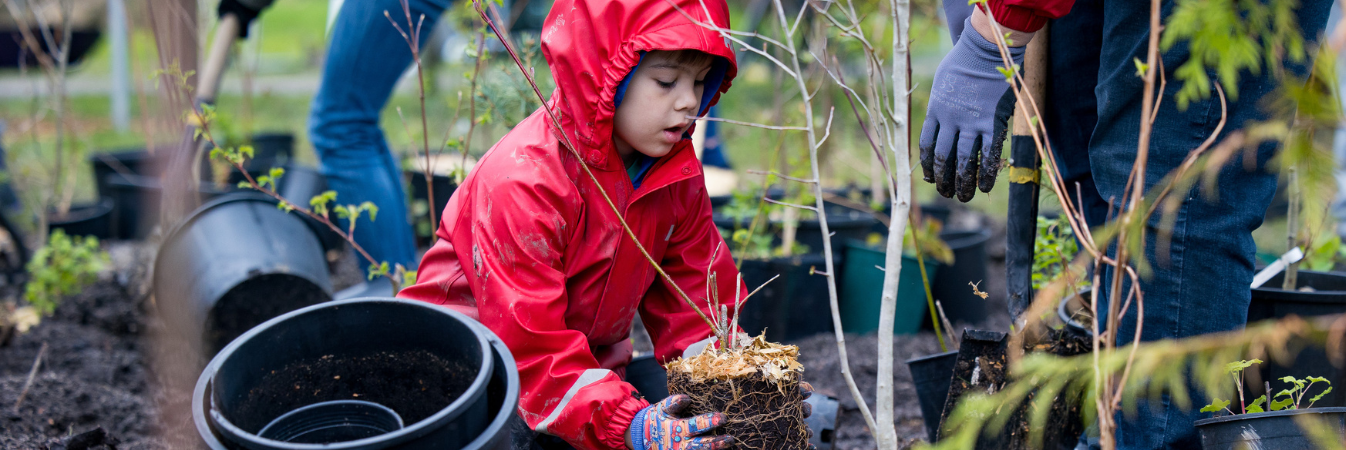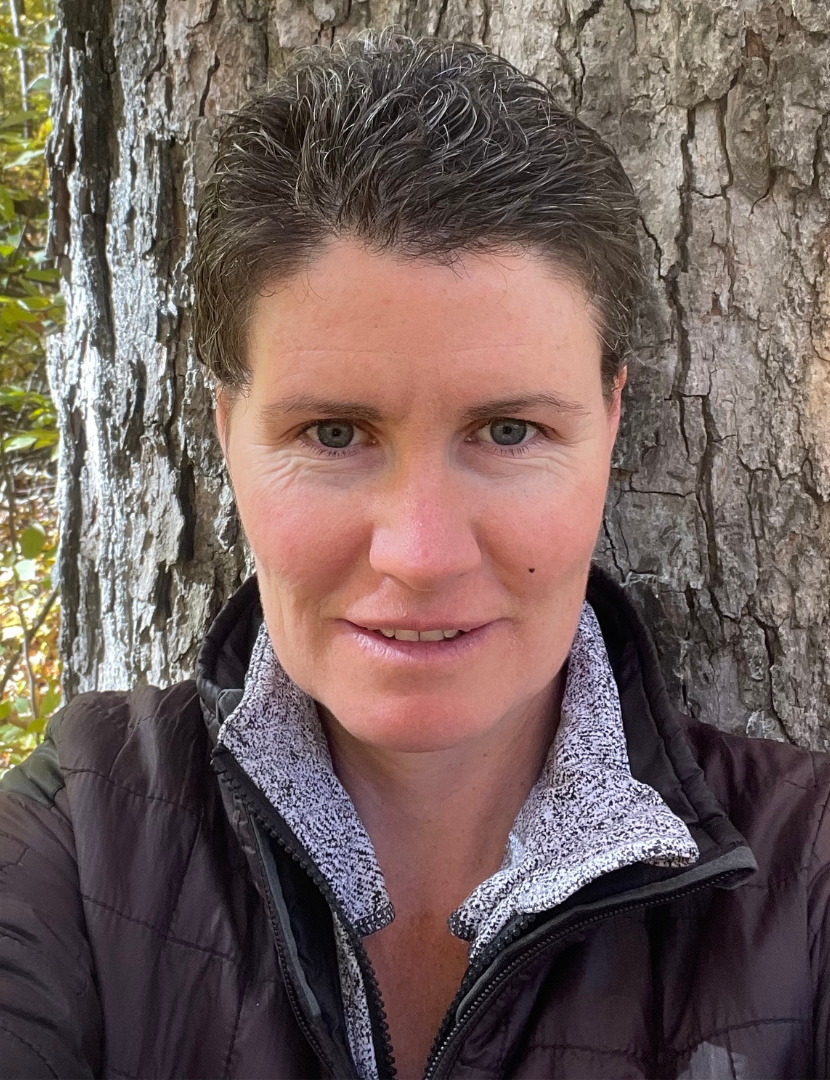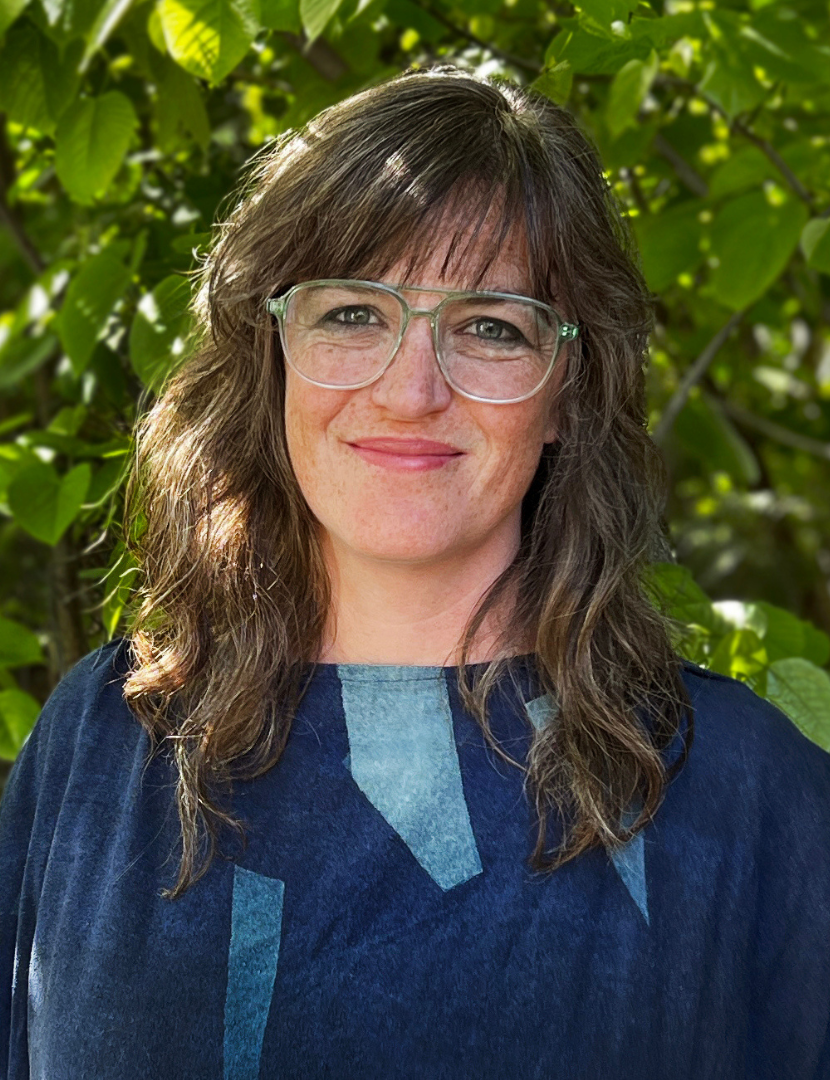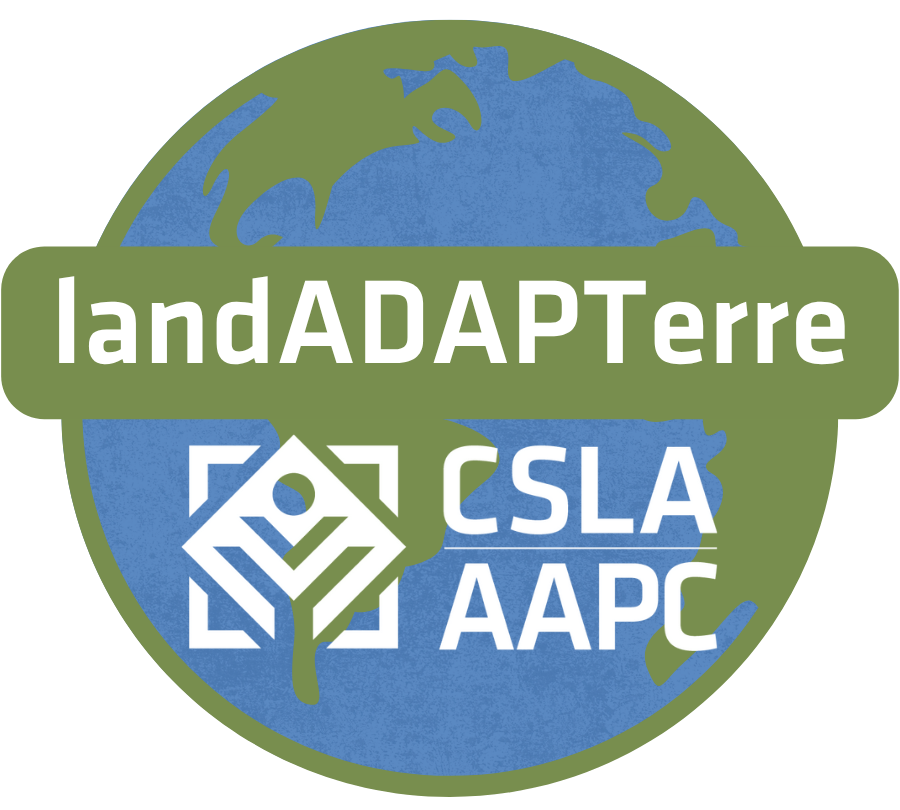
About the Webinar
Mini Forests, also known as Tiny Forests or Miyawaki Forests, are small-scale, densely planted, native forests consisting of trees, shrubs, and herbs. The key components of the method involve: 1) robust soil amendments, and 2) sixty centimetre on-centre tree and shrub planting of locally native, climax species.
In Canada, the earliest Miyawaki (or mini) forests to be installed were in the mid-2010s to early 2020s. In 2022-2023, Green Communities Canada in partnership with the Network of Nature initiated the National Mini Forest Pilot, and has supported 45 Miyawaki forests between Vancouver Island and St. John, NB. This presentation will (a) provide an overview of the Miyawaki method and its ecological restoration principles, (b) identify preliminary soil carbon research findings, and (c) highlight opportunities for further learning and research across Canada. These include the Mini Forest Training course, funding for mini forests through the Living Cities Canada Fund, the national mini forest community of practice meetings, and GCC’s partnership with UBC to create the 2025 report Seeds of Change: Cultivating mini forests across Canada.
To date, and both in Canada and globally, mini forests are implemented with volunteers. Leslie Lookout Park, on the other hand, was realized through detailed design and construction contract. Heather Schibli’s presentation will highlight this process and how the Miyawaki Method can be added to the selection of green infrastructure tools landscape architects draw upon to design biodiverse and resilient landscapes. She will discuss next steps for developing resources in collaboration with and lessons learned from other mini forests across Canada.
Thursday, December 4, 2025
Watch the Recording Slide Deck
Recommended Resources
- Green Communities Canada
- Network of Nature
- Society of Ecological Restoration
- Ecological Land Classification for Southern Ontario
- Ecological Land Classification for Nova Scotia:
- Tree Planting Details
- Assisted Migration Climate Tools:
About the Presenters
 Jenn McCallum
Jenn McCallum
Jenn McCallum (she/her, elle) is the Green Infrastructure Manager at Green Communities Canada, where she oversees green infrastructure projects across Canada, including 46 mini forests between 2023-2026. She has previously led environmental programming with Parks Canada, at the Science North science centre in Sudbury, ON, and at two conservation authorities. Jenn is grateful to live on the Treaty 20 homelands of the Michi Saagiig and Chippewa Nations in Nogojiwanong (Peterborough, ON), where she enjoys cycling the trails and roadways, and canoeing the waterways.
 Heather Schibli
Heather Schibli
Heather Schibli, OALA, CSLA, ISA, is a landscape architect and ecologist whose practice and research are rooted in a deep appreciation for biological diversity. Life—endlessly inventive in both form and function—is increasingly recognized not only as a manifestation of, but also as a co-creator in, complex relationships. Philosopher Donna Haraway captures this dynamic eloquently: “[I]f we appreciate the foolishness of human exceptionalism then we know that becoming is always becoming with, in a contact zone where the outcome, where who is in the world, is at stake” (When Species Meet, 2008).
With over a decade of experience designing environments for both humans and non-humans, Heather’s research draws on her expertise in ecological restoration and investigates the emerging field of multispecies design. In an era marked by mass extinction and climate crisis, it is essential to embrace design practices that foster and enrich biodiversity. Landscape architects are uniquely positioned to enhance ecological health and resilience through collaborative approaches and interdisciplinary partnerships. Heather actively welcomes insights from a wide range of fields, recognizing the creative potential in cross-disciplinary exchange.

This webinar is offered through landADAPT:
A continuing education program to promote building capacity through professional development opportunities for Canadian landscape architects, supported by Natural Resources Canada’s Climate Change Adaptation Program.